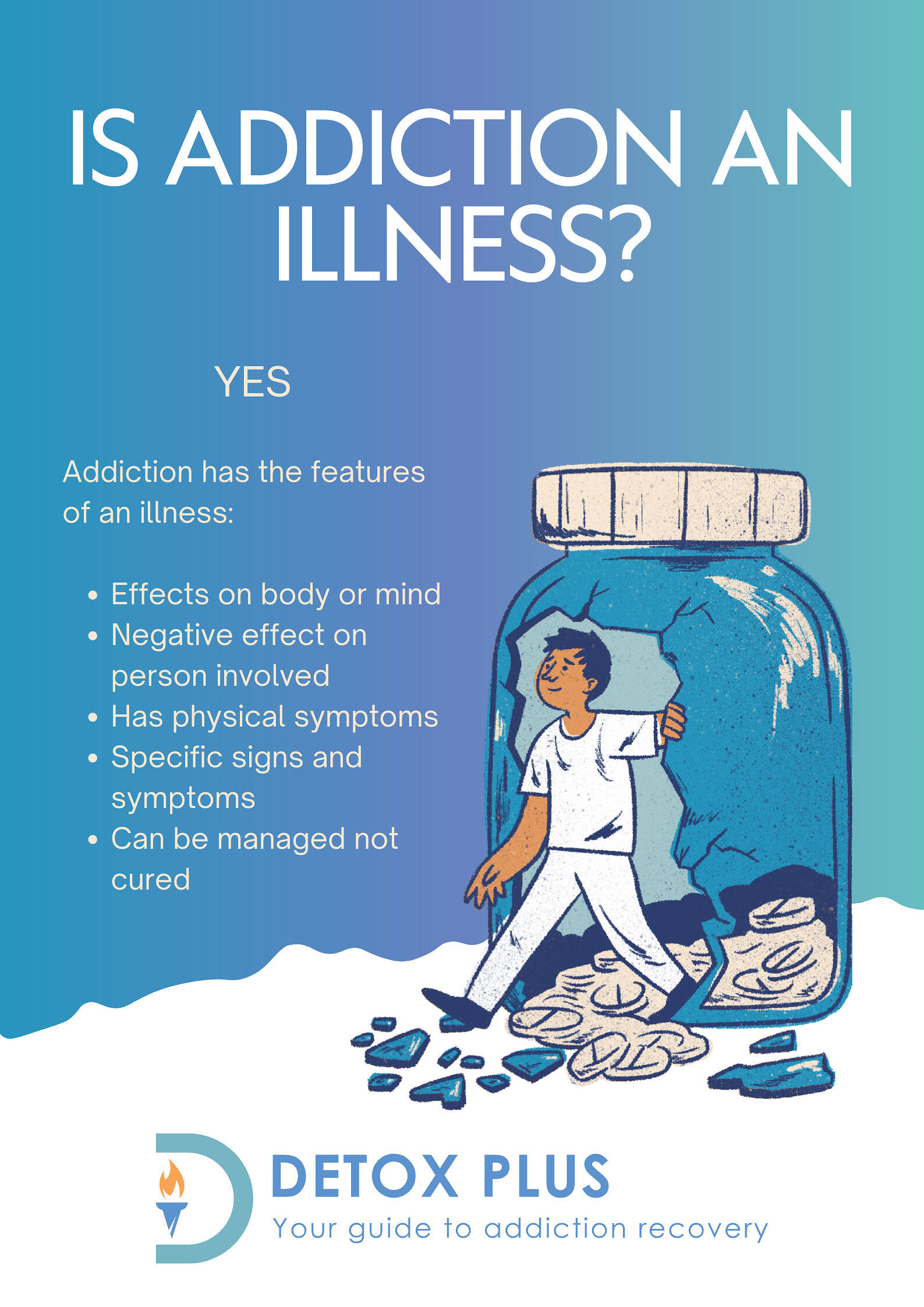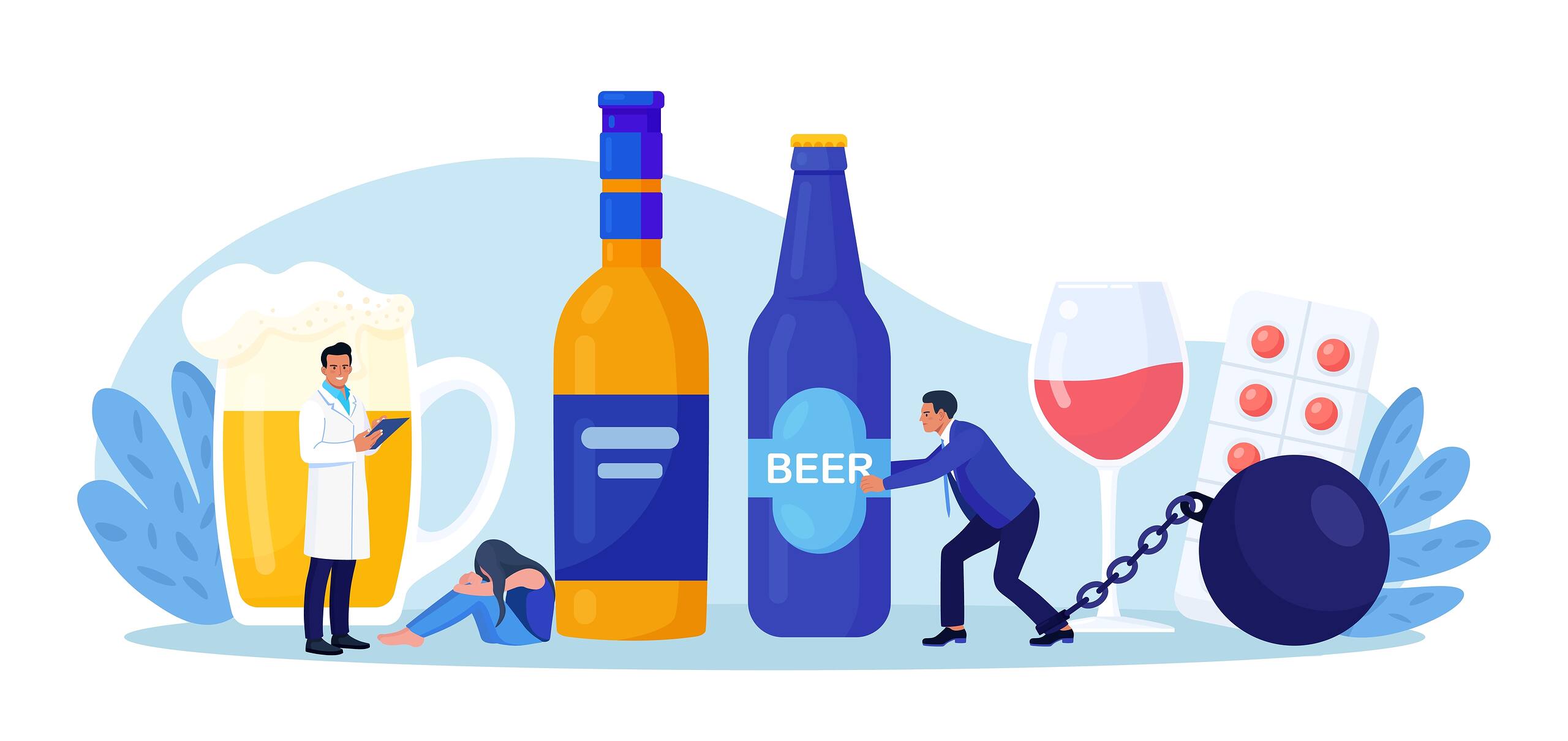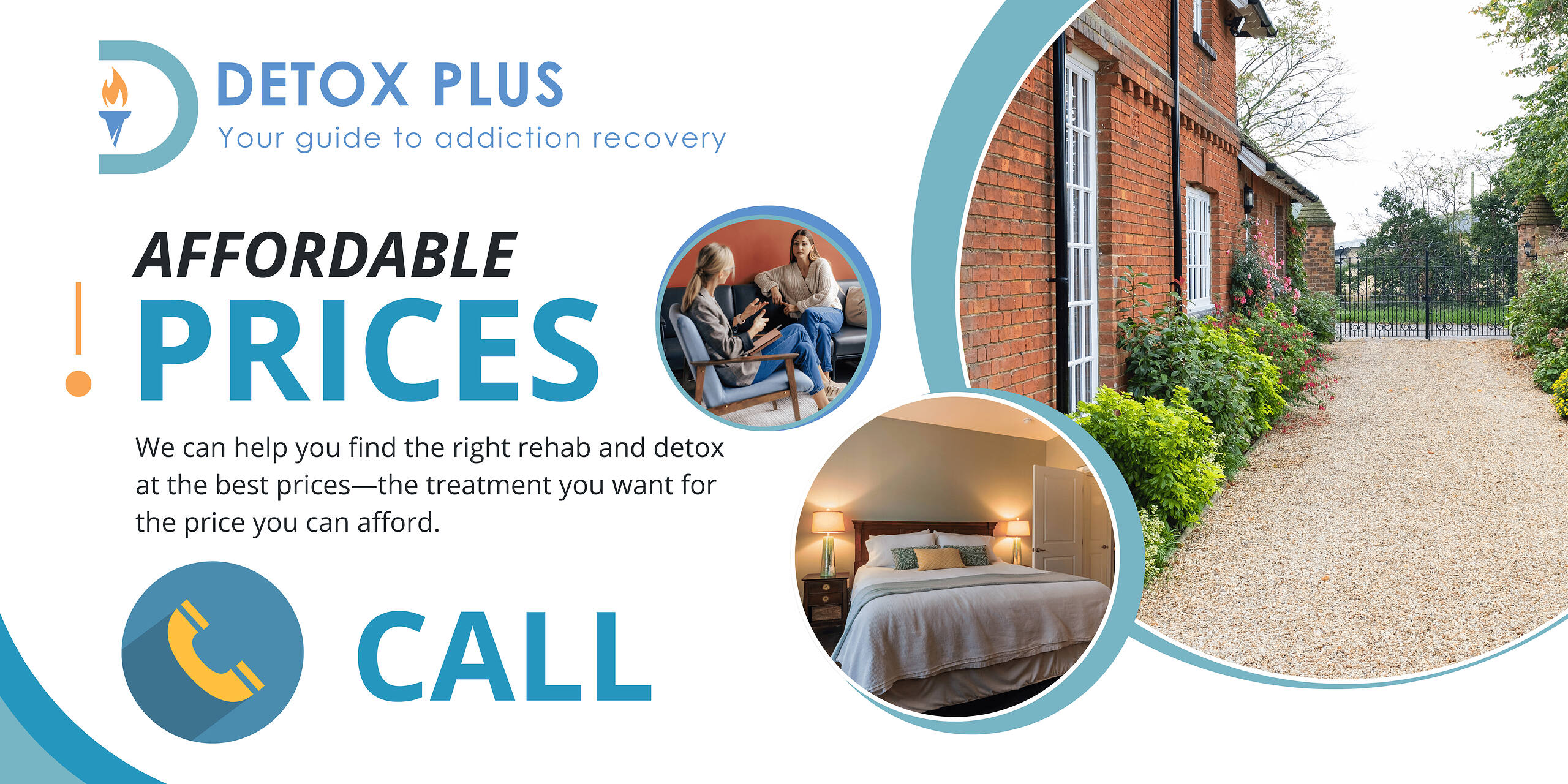Rehab treatment is recovery from the physical and mental damage of an addiction. A kind of guided healing by addiction specialists. It also helps you adjust to life without substances and improve your health.
Expert help, guidance and education are all important parts of this experience. Starting with our team helping you find the right rehab centre to recover in.

Treating Addiction as an Illness
Most medical professionals and researchers agree that addiction is a medical disorder or illness. But this can be hard to get our heads around as all we see is strange and self-destructive behaviour.
Part of the confusion is that addiction can start for a lot of different reasons. This doesn’t mean it is not an illness, just as cancer can be caused by anything from smoking to radiation.
The reasons for needing rehab can vary from self-medicating for mental health disorders to social and peer pressure to drink or take drugs.
However it starts, once addiction has affected your brain’s neurochemistry and transmitters, you will be dependent on the substance until detox and therapy. Returning to normal brain and body function takes time and rehab treatment.
At the heart of rehab is finding out the original reason why you were drinking or taking drugs. If you don’t do this, the cycle may start all over again later, despite your recovering mind and body.

What Does Rehab Treat?
Alcohol Rehab
Alcohol is the most common cause of addiction in the UK. Thanks to our culture of encouraging drinking to excess, alcohol addiction is a persistent problem.
If you are looking for an alcohol rehab, it is wise to choose somewhere that specialises in treating alcoholism. The issues around and treatment for drinking problems are different to drug use.
Detoxing from alcohol can have specific side effects that coming off drugs doesn’t. The medication you will get is for hallucinations, tremors and seizures, which are common for alcohol withdrawal.
The big issue with alcohol is that it is socially acceptable. You can probably avoid situations where you will be offered heroin or cocaine quite easily. But with every party, dinner and meal out offering a bevvy of alcoholic drinks in your face, you will have to deal with exposure to triggers much more.
Alcohol rehab treatment will involve a lot more role-playing, craving management and therapy to understand why you need alcohol in your life. You will practice sober socialising and how to react in situations where you might be tempted to drink again.
These are important skills that will help you keep away from alcohol and have faith in yourself.
Drug Rehab
Drug use is rising and is one of the toughest addictions to deal with. Drug addiction can have serious medical consequences, and the mental damage is significant.
Drugs are so chemically addictive that people fall quickly into a terrible state. It is not socially acceptable as alcohol is, which can mean criminal behaviour and trouble with police.
Family, friends and work colleagues may also shun drug users. Many people with a drug problem hide the issue, ashamed to seek help from their GP or local services.
Rehab for drugs offers a place to stay where you can stop taking drugs and do your treatments in a safe, drug-free environment.
Being away from social groups and peer pressure to do drugs can offer the space and medical help drug-addicted people need. A break from taking drugs and living that life offers a chance to return to real life and make meaningful changes.
Rehab for Other Addictions
They may occupy the biggest part of rehab, but drugs and alcohol are not the only things that we can be addicted to.
Behavioural addictions are a growing problem, with food, love, pornography and video games the most common.
Smoking is also something that people attend rehab for. Extreme nicotine addiction can be debilitating and damaging to your health.
Rehab treatment focuses on managing symptoms with prescription medication and tapering off nicotine slowly. It also helps with the psychological symptoms. Understanding your reasons for smoking and why it is so bad for you can make a radical difference to your chances of recovery.
How Does Rehab Work in the UK?
NHS Rehab
The NHS don’t normally provide rehab as a service. They offer a few days to detox in the hospital if they think you are in danger of withdrawal.
There are some NHS rehab centres for people in serious crisis without the funds for private rehab. If you are willing to meet their standards and requirements. Waiting lists can be long but this depends on the area so you may need to have a rehab near you.
If you want to try for free rehab on the NHS, you can speak to your GP or search for local groups such as Change Grow Live and We Are With You.

Private Rehab
If you want to go into rehab treatment immediately or do not meet the requirements for NHS rehab, then private rehab can be an option.
Prices for private rehab vary significantly, but this is based more on location and accommodation than quality of treatment. All private rehabs that Detox Plus deals with meet our rigorous standards and are QCQ commission registered.
A private residential rehab can be paid for by the person, their family or health insurer. This is the most common type of rehabilitation centre in the UK as the NHS is very limited in what they offer for residential addiction care.
How Long do you stay in rehab?
Most people stay in residential rehab for 28 days. Shorter than this is not considered rehab but detox only. Some clinics will offer a detox-only stay in their rehab centre, but others need you to commit to 28 days at least.
Some rehab centres offer longer stays for people with more severe issues and health conditions, including mental health conditions. These are often 90 days and can be followed by a stay in sober living accommodation.
Taking some time away to deal with an addiction seems daunting, and residential rehab means being away from home, work and loved ones as well.
We all have commitments and can only take so much time away from our lives. Recovery and relapse rates are strongly linked to how long you stay in rehab.
A stay of a few weeks is considered a detox rather than rehab. While the inpatient rehab centre staff will do everything they can to help you prepare for post-detox life in whatever time they have, it is the time after detox that really starts to show the biggest results.
People who complete a 28-to-90-day stay in rehab are much more likely to remain clean and sober after their stay. This statistic makes sense since shorter stays don’t let you deal with the underlying causes of addiction.
Do people get better in rehab?
Yes, people do get better in rehab, and 40-70% of people improve with treatment. This seems like a big range, but it depends on how you measure success. If you are looking for perfection and an easy journey, you may find that harder to achieve. However, 75% of people who go to rehab do end up recovering.
Success rates are important to many people. They, of course, are very invested in the result of rehab.
The ideal result is you leave rehab and never touch alcohol or drugs again. The reality of recovery from addiction is more complex.
One in four people who go to rehab will spend the rest of their lives abstinent from what they used to be addicted to. This might sound like a low number, but relapse doesn’t = failure. A third of people who quit alcohol relapse in the first year, but a large number of them stop again soon after.
Rehab is all about getting better both physically and mentally. You will need both if you are going to spend the rest of your life free of addiction and dependence.
Relapse can be heartbreaking for addicted people and their loved ones but often it reinforces the fact that people who were addicted will never be able to go back to social drinking or occasional drug use.
The most important factors are:
- Receiving the right treatment for your addiction
- Medically assisted treatment
- Willingness to make meaningful changes
- Commitment to therapy and counselling
- Building a strong support network
- Staying in rehab for at least 28 days
- Accepting abstinence
There are other influences on success in rehab, which leaves a big range of statistics for success in stopping drugs or alcohol.
For example, People with mental or physical health issues are more likely to relapse than those without. Age has an impact as well, with younger people more likely to fall back into addiction than their older peers.
One indication of likely success is how long someone has been alcohol or drug-free. Relapse is most likely in the first year and doesn’t indicate that someone will not succeed long-term or are not dedicated to stopping. Many specialists consider relapse an important step in accepting your situation.
How can I find rehab centres near me?
There are lots of different kinds of rehab centres in the UK, and they have their own specialities and treatments. It might be tempting to choose one based only on location, but what if the closest rehab doesn’t treat what you have or is too expensive for you or a loved one to commit to a longer stay?
Our database and knowledgeable advisors can listen to your whole story and help you find a rehab that suits you on every level. We know that there are some areas you can compromise on and others that cause even more stress in a difficult time.
All our advice and assistance is free to you and we only recommend clinics with high standards and suitable treatment.





